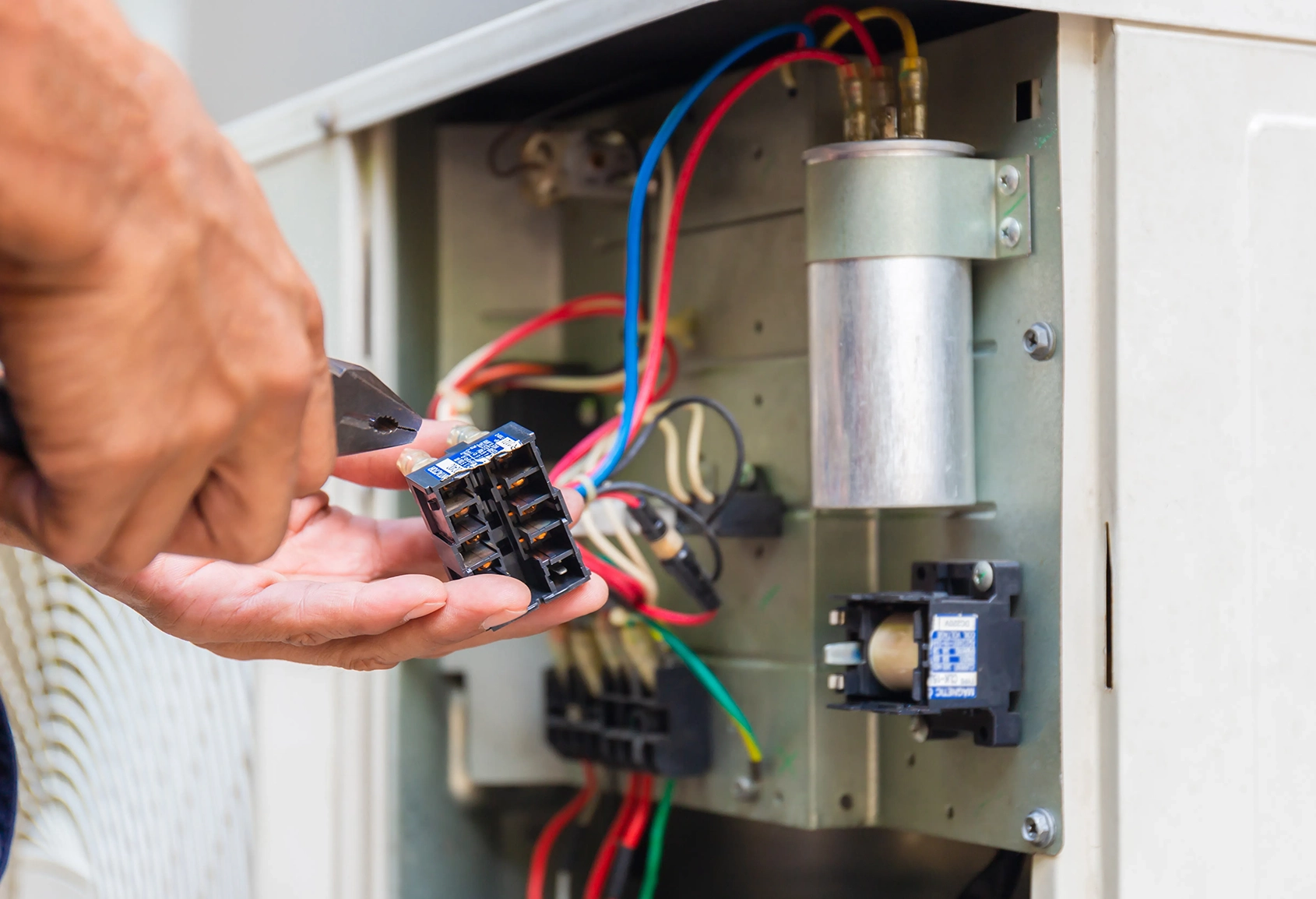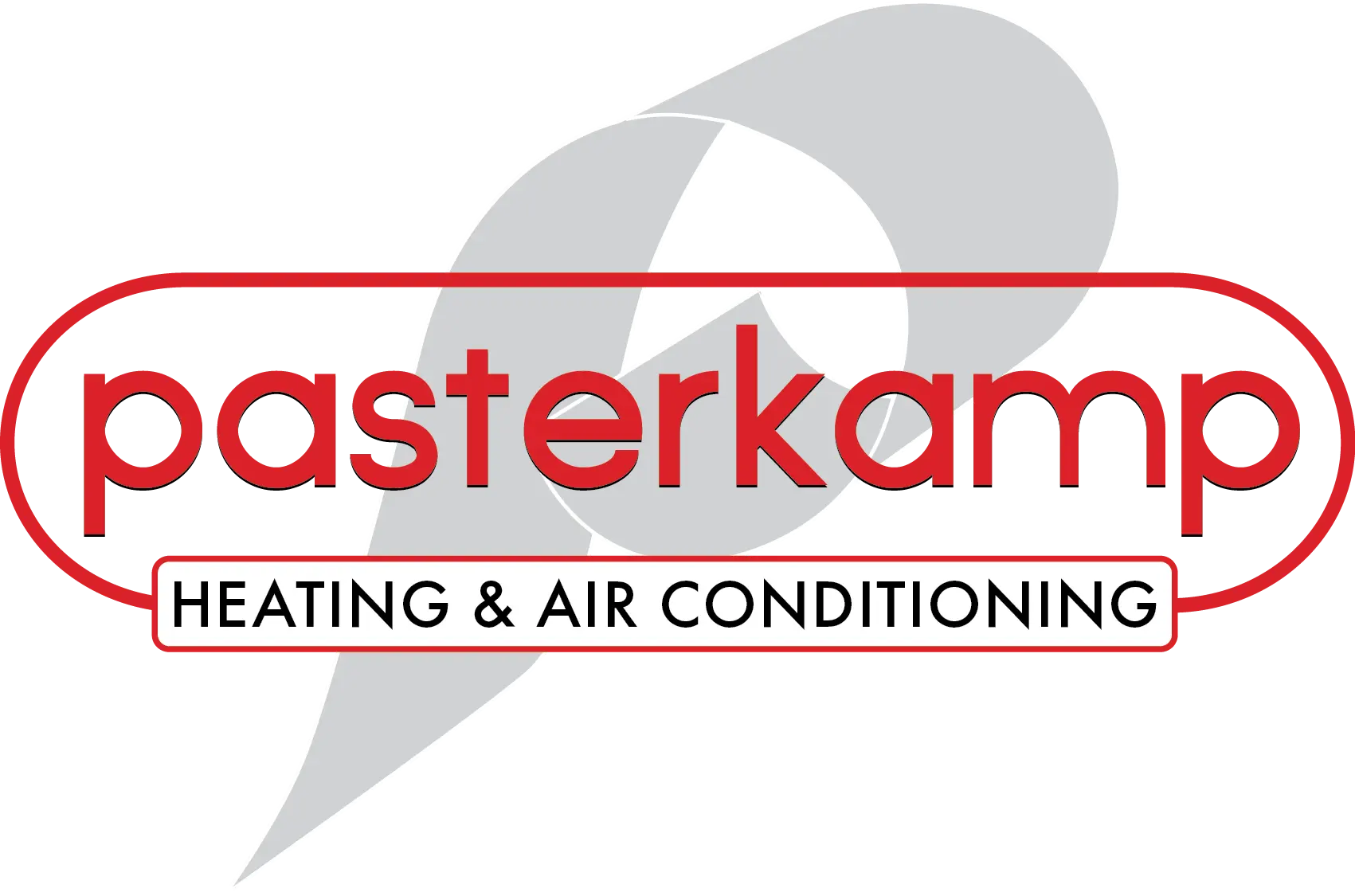Extend the Life of Your HVAC, Lower Costs, & Improve Comfort
HVAC trouble always seems to hit at the worst time! Proactive maintenance prevents many system breakdowns, increases your equipment’s lifespan, and ensures greater home comfort year-round. This guide breaks down DIY steps to keep your system running smoothly, along with clear indicators of when you need a professional and how to navigate the HVAC repair process.
The Importance of Preventative HVAC Maintenance
Think of HVAC maintenance like getting your car’s oil changed. These benefits outweigh the hassle:
- Fewer Repairs: Catching small issues before they escalate saves you money on major breakdowns.
- Increased Efficiency: A well-maintained unit uses less energy, resulting in lower bills.
- Better Indoor Air Quality: Clean filters and properly functioning systems improve the air you breathe.
- Longer Lifespan: Systems that receive regular care can last years longer.
- Warranty: Some manufacturers require proof of routine maintenance to honor system warranties.
DIY HVAC Maintenance: What Homeowners Can Do
- Change Air Filters Regularly: Monthly is the norm, more often if you have pets or allergies. Follow the manufacturer’s recommended filter type.
- Keep Condenser Unit Clear: Remove debris buildup and trim back landscaping if it encroaches on your outdoor unit.
- Inspect Your Ductwork (when possible): Seal gaps you find with metal-backed tape specifically for ductwork.
- Seasonal Checklist: Ensure vents aren’t obstructed and maintain a clear perimeter around your indoor unit.
When to Call an HVAC Technician
While DIY upkeep has its place, these situations mandate professional help:
- Complete System Failure: If nothing powers on, don’t try to fix it yourself.
- Strange Noises: Screeching, banging, or grinding warrant investigation.
- Burning Smells or Gas Leaks: Turn off the unit immediately and call for gas leaks! Burning smells signify electrical issues.
- Refrigerant-Related Issues: Suspect this if there’s poor cooling alongside weak airflow. Refrigerant needs to be handled by a licensed professional.
- Major Water Leaks: May point to issues beyond homeowner ability to address.
Understanding the HVAC Repair Process
- Troubleshooting: The technician pinpoints the source of the problem through diagnostics, system inspection, and possibly testing.
- Quote: Expect an estimate detailing parts needed, labor involved, and total cost. Get an itemized breakdown before approving.
- The Repair: Depending on complexity, this may be done on the spot or involve ordering parts and a subsequent visit.
- Testing & Wrap-Up: A good technician tests the system post-repair, explains what was done, and may offer any advice to prevent a recurrence.
Tips for a Smooth HVAC Repair Experience
- Know Your System Basics: Brand, age, and recent service history give the technician a starting point.
- Request Licensing Verification: Always work with licensed HVAC professionals.
- Get Multiple Quotes: Especially for extensive repairs, this fosters competition.
- Ask Questions: Reputable technicians welcome inquiries about issues and suggested fixes.
- Understand Warranties: Some repairs may fall under your equipment warranty or a service guarantee from the company.
Partnering with an HVAC professional you trust and practicing the DIY hvac maintenance covered here gives you the best of both worlds. Your home comfort, system efficiency, and your budget will thank you.
Schedule your pre-winter/pre-summer maintenance tune-up today!

